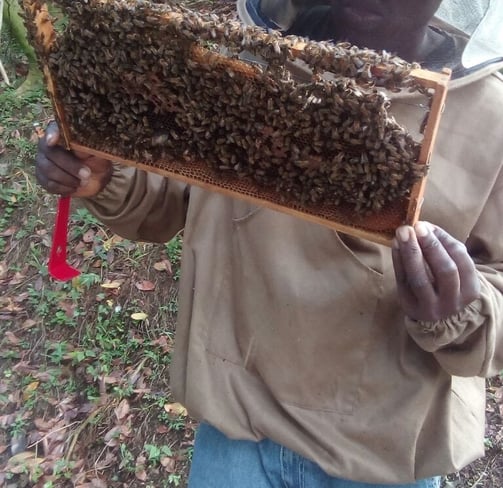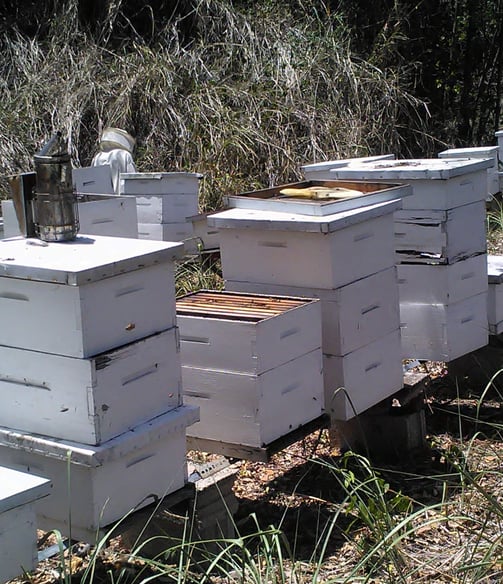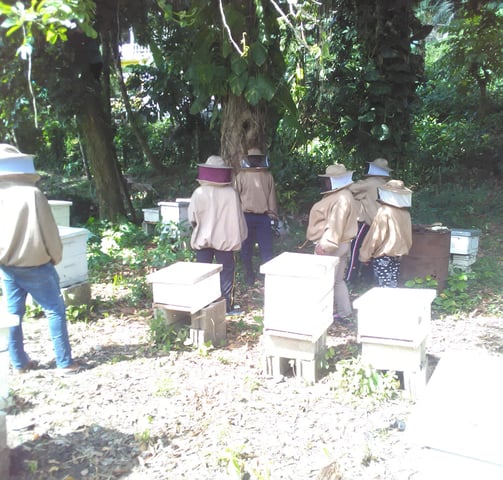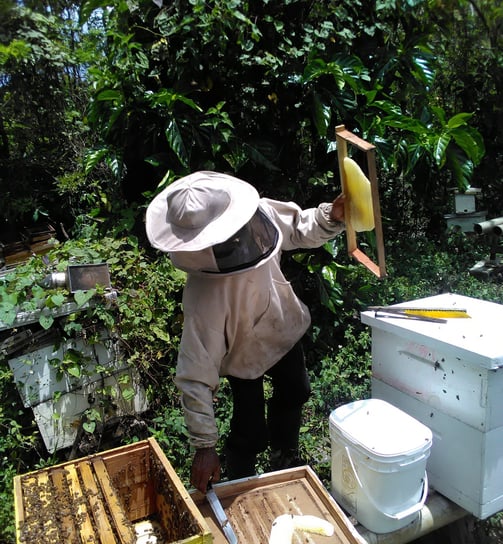Osceola River Horse, Ph.d
Dr. River Horse been empowering students in Aboriginal Indigenous Studies since 2007 and an educator for over 40 years. At the age of 13 she began answering her calling to become an educator when she volunteered to become a teaching assistant at 13 years old. Dr. River Horse holds a M.A. degree in African Studies, Ph.d in Philosophy and is the first Vice Chancellor of the first Aboriginal University in Mbale, Uganda; Founder of the Women's Resource Center for Training and Development and the founder of Umayat Spiritual Education Circle for Self-Realization.
Within the vast tapestry of American history, there exists a clandestine thread that has been deliberately concealed for centuries. This concealed thread holds the key to understanding the ancestral connections between Aborigine American history and its profound influence on Black/African American children. By unveiling this hidden connection, we not only challenge conventional notions of colonialism and slavery but also redefine the African American experience and identity.
For far too long, the education system has perpetuated a skewed version of history, stifling the growth and development of our Black/African American children. However, the responsibility to confront this truth lies not solely with educators but with society as a whole. It is our collective obligation to ensure that the real story is told.
To comprehend the profound nature of this hidden connection, we must delve into the term "Aborigine American." While lesser known than the term "Native American," it encompasses the indigenous peoples who thrived on this land long before colonization. These diverse cultures, with their own languages, traditions, and social structures, shaped the very foundations of this continent.
The connection between Aborigine Americans and Black/African Americans traces back to the earliest inhabitants of America. This era, a tragic chapter in human history, witnessed a forced and violent clash between European settlers and the Aboriginal tribes. Millions lost their ancestral land, and their identities were stolen through the placement of their descendants in Public Indian Housing. The commonly taught narrative portrays these enslaved Aborigines as individuals who were stripped of their culture and language. However, recent research and the unearthing of historical documents paint a far more intricate reality.
It is crucial that we shine a light on this hidden connection, for it holds the power to reshape our understanding of the African American experience. By embracing the truth and acknowledging the deep influence of Aborigine American history, we can provide a more comprehensive and empowering education for our Black/African American children. United We S.T.E.M. is committed to this pursuit, as we believe in the transformative power of education and the uplifting of voices that have long been silenced. Together, we can redefine the narrative and create a more inclusive and enlightened future.
STEM, commonly understood as the integration of science, technology, engineering, and mathematics, is often imparted from a purely academic standpoint, devoid of cultural context. However, it is crucial to acknowledge that the Aboriginal perspective on science diverges significantly, intertwining nature, spirituality, and physical sciences in a harmonious manner. This unique amalgamation sets their worldview apart, enriching the way they perceive and utilize scientific knowledge.
Drawing upon the ancient wisdom of the Aboriginal people, science becomes more than just an objective and unbiased pursuit. It becomes a profound understanding of the interconnectedness between all living beings and the natural environment. Aboriginal science encompasses a holistic approach, recognizing that knowledge is cultivated through both cognitive and spiritual realms. By merging scientific observation and spiritual insights, this cultural perspective fosters a profound respect for the natural world and encourages sustainable practices.
The indigenous peoples have long understood the intricate ecological systems and have successfully passed down this knowledge through generations. Their rich understanding of plant and animal life, including healing properties and sustainable harvesting practices, exemplifies the fusion of science and spirituality. Moreover, their profound connection with the land and its rhythms allows for predictive systems that anticipate changes in weather patterns, enabling them to adapt and survive in harsh environments.
The Aboriginal approach to STEM serves as a reminder that scientific exploration need not be confined to laboratory settings or detached from cultural heritage. By embracing the inherent wisdom of the indigenous peoples, we invite a holistic understanding of science that integrates knowledge from various domains. This inclusive approach widens the scope of scientific exploration and enables a more comprehensive understanding of the world we inhabit.
In conclusion, when discussing STEM, it is paramount to appreciate the Aboriginal perspective that incorporates nature, spirituality, and the physical sciences. By recognizing the interconnectedness of all forms of knowledge, we can enhance our scientific endeavors and forge a more sustainable and harmonious future for all. Let us strive to learn from the indigenous cultures and infuse their wisdom into our educational systems and scientific pursuits, as this inclusive approach will invariably lead us towards a brighter and more enlightened world.
Founder's Background
Current Projects


Bee STEM Outreach
Bringing STEM education to underprivileged communities through workshops and mentorship programs.


Past Projects
Developed an innovative mobile app that helps students learn and practice STEM concepts in a fun and interactive way.


Upcoming Projects
Launching a scholarship program to support AIPOC students pursuing higher education in STEM fields.


Collaborative Projects
Partnering with local organizations and schools to create collaborative projects that promote diversity and inclusion in STEM.
